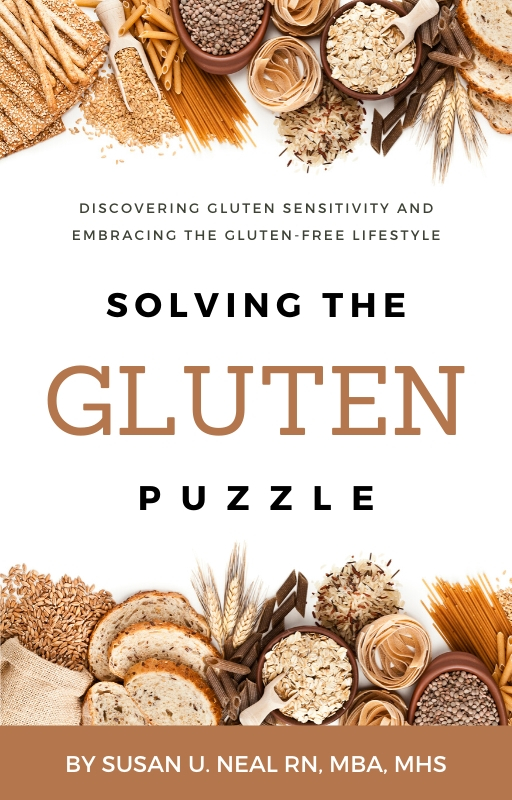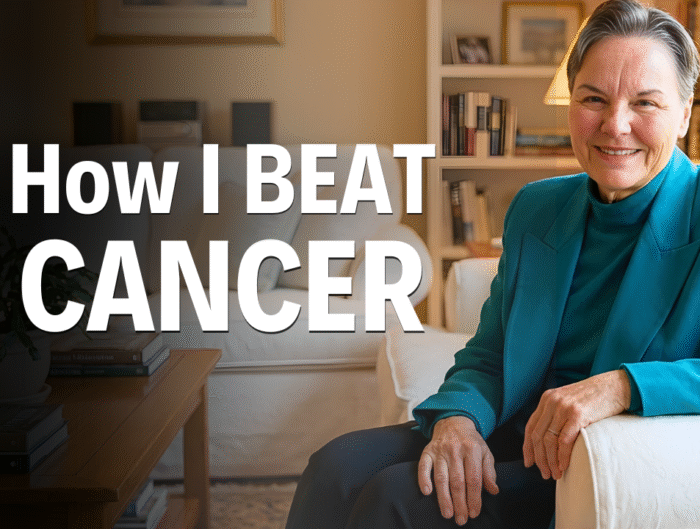By Susan Neal
Are you experiencing symptoms that you or your doctor don’t understand? Ruling out a gluten-related diagnosis may move you one step closer to wellness. Discovering whether you have celiac disease, gluten sensitivity, or a wheat allergy will help you understand how to decrease inflammation in your body. Inflammation contributes to many diseases.
When an individual has an intolerance to gluten, but does not know it, and continues to consume foods that contain gluten, it causes an inflammatory response in the body. Antibodies, which are like our body’s army, develop and start fighting the invader—gluten. If the person has celiac disease, an autoimmune condition, the body’s immune system overreacts and harms the body, causing damage and inflammation. People with celiac disease tend to develop other autoimmune conditions such as lupus, Hashimoto’s, and Graves’ thyroid diseases, Sjogren’s syndrome, and rheumatoid arthritis. If you have an autoimmune disease, you should be tested for celiac disease. If you have celiac disease, the longer you eat gluten, the more likely you are to develop another autoimmune disorder.
Gluten sensitivity is a condition where the ingestion of gluten leads to symptoms similar to celiac disease. Non-celiac gluten sensitivity is the term currently used to describe individuals who react to gluten without meeting the diagnostic criteria for celiac disease or an allergy to wheat. It became a clinical condition distinct from celiac disease in 2010. Therefore, this disorder is a brand-new diagnosis countless people have not heard about and do not understand. An estimated 3–6 percent of the human population are affected. Currently, no specific test to diagnose it exists, but researchers are working to develop one. Needless to say, this condition is challenging to diagnose.
The most common gluten sensitivity symptoms based upon a review of 6,000 patients are:
- Abdominal pain (70 percent suffered from this symptom)
- Eczema and/or rash (40 percent)
- Migraine headache (35 percent)
- Foggy mind (34 percent)
- Chronic fatigue (33 percent)
- Diarrhea (33 percent)
- Depression (22 percent)
- Anemia (20 percent)
- Tingling of fingertips (20 percent)
- Joint pain (11 percent)
Do you suffer from some of these symptoms? Nearly 10 percent of the population is affected by one of the gluten-related disorders, which can cause more than two hundred symptoms. These disorders can strike at any age. Even if you tested negative years ago, you could still develop it later in life. Consequently, up to 50 percent of individuals are undiagnosed. Take the following quiz—GlutenIntoleranceQuiz.com—to see if you experience the symptoms associated with one of these conditions.
Figuring out whether you are intolerant to gluten or wheat is like putting together a challenging puzzle. Random pieces don’t make sense and won’t until the whole picture fits together. If you find you have a gluten-related ailment, when you start a gluten-free diet you may feel better in a matter of days. However, it is important to be tested before eating a gluten-free diet. If a person with a gluten-related condition eats a gluten-free diet before testing, the results will most likely be false-negative because when you stop consuming gluten, your body stops making antibodies against it. Therefore, ask your doctor to test you before you stop eating foods containing gluten.
The only treatment for gluten-related disorders is eating a wheat-free or gluten-free diet. A transition to this new lifestyle includes many emotional, social, physical, and mental adjustments. It takes time and guidance to learn how to make these dietary changes, but the reward of improved health is well worth it.
About the Author

Susan U. Neal, RN, MBA, MHS, is an author, speaker, and certified health and wellness coach whose background in nursing and health services led her to seek new ways to educate and coach others to overcome health challenges. Check out her award-winning #1 Amazon best-seller 7 Steps to Get Off Sugar and Carbohydrates and Solving the Gluten Puzzle. You can find Susan at SusanUNeal.com.





